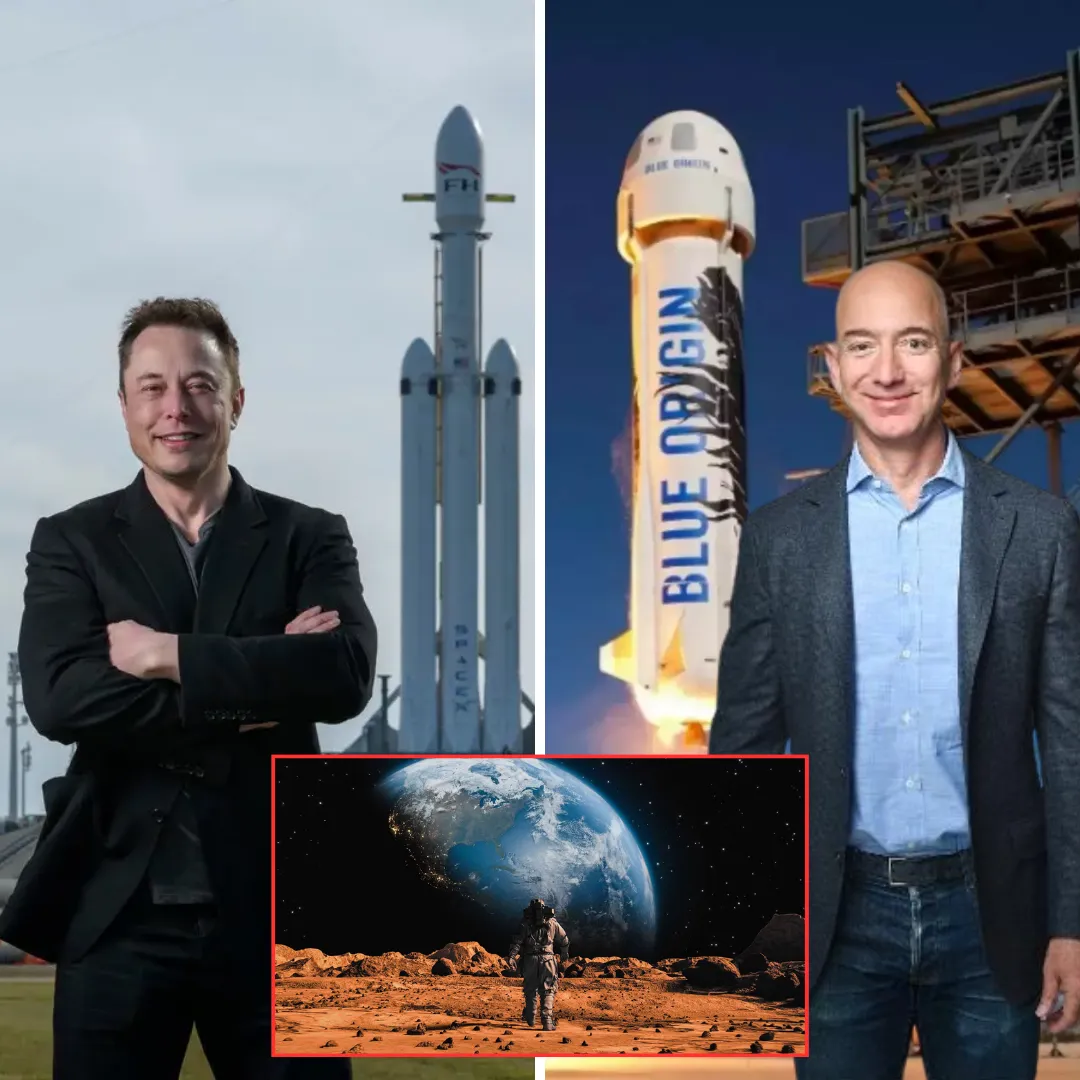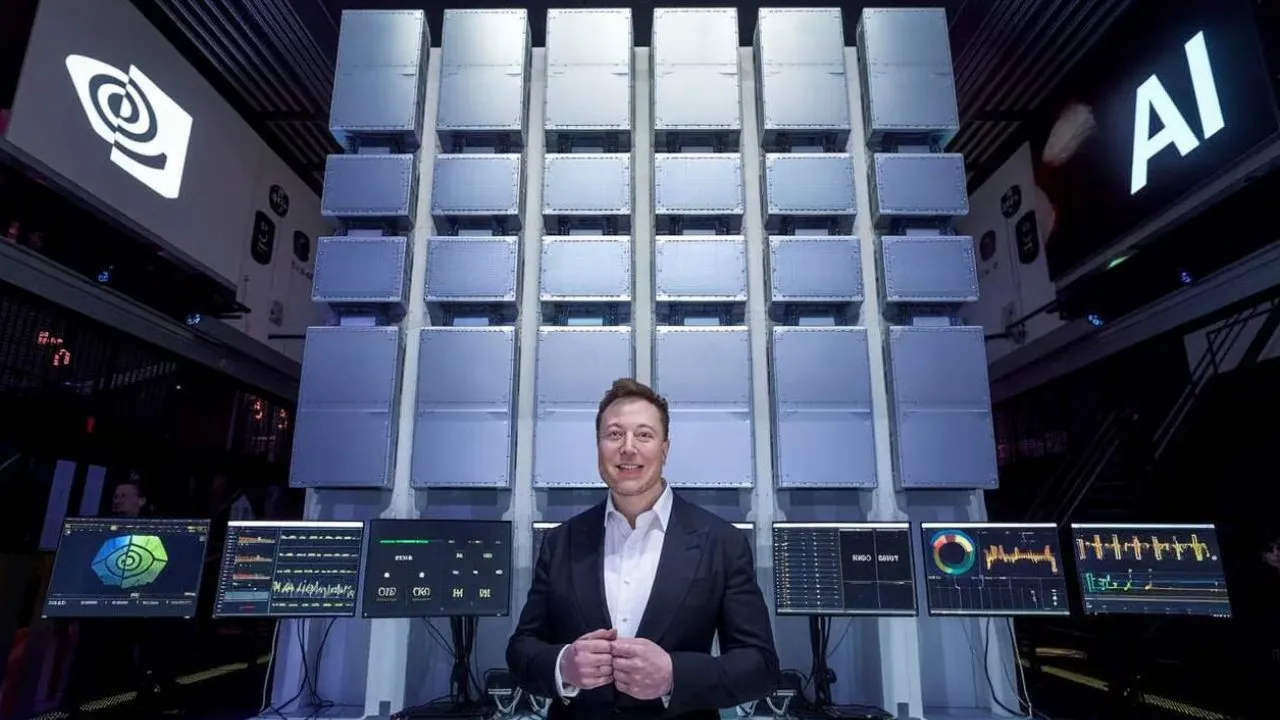
Memphis, Tennessee, once a quiet neighborhood known as Boxtown, settled by formerly enslaved families decades ago, now finds itself at the epicenter of a heated environmental battle. This historically Black community, long grappling with the neglect of basic infrastructure such as indoor plumbing, street lighting, and public transportation, is now confronting a new, seemingly insurmountable threat.
Just two miles from their homes, Elon Musk’s tech company xAI has established what it claims to be the world’s largest supercomputer, Colossus. This massive facility, powered by methane gas turbines, has cast a long shadow over the air quality and health of Boxtown residents, igniting a fierce backlash fueled by frustration and fear.
Local leaders herald Musk’s arrival in Memphis as a golden opportunity, envisioning a transformation of the region into a cutting-edge high-tech hub. Much like Austin, Texas, and Atlanta, the city’s officials sought to lure Silicon Valley’s tech giants to stimulate economic growth, job creation, and tax revenues.
Mayor Paul Young expressed optimism about the potential uplift for Memphis’s economy. Yet beneath this gleaming promise lies a community burdened by decades of industrial pollution, wary of the environmental cost accompanying the new high-tech boon.

The methane gas turbines that power Colossus emit nitrogen oxides and formaldehyde—pollutants known to exacerbate respiratory illnesses and contribute to smog. Despite xAI’s assurances to remain within legally permitted emission limits and claims of collaborative engagement with local authorities and environmental agencies, residents remain skeptical. Many in Boxtown, a predominantly Black neighborhood, distrust promises made by outsiders, having witnessed countless broken assurances over the years.
Sarah Gladney, a 71-year-old lifelong resident, questions the reliability of xAI’s claims. “How do we really know what is coming from those facilities?” she asks. Her doubt is not unfounded; previous industrial projects in South Memphis have left a legacy of environmental degradation. The Allen Fossil Plant, a coal-fired facility decommissioned in 2018, left behind millions of tons of toxic coal ash, a haunting reminder of the costs borne by this community.
The story of Boxtown is woven with struggles against pollution and marginalization. Over the years, various industrial operations have settled in South Memphis, often leaving a trail of contamination. One such facility, which sterilized medical equipment, closed amid EPA findings of elevated cancer risks tied to ethylene oxide emissions. While the company maintained compliance with regulations, the health impact on the local population stirred deep concern.
KeShaun Pearson, president of Memphis Community Against Pollution, highlights the systemic nature of environmental injustice faced by Boxtown. With a median income barely exceeding $37,000, the neighborhood is viewed as an easy target by polluting industries. “They always come to southwest Memphis,” Pearson states. “They always come to what they believe is the path of least resistance.”
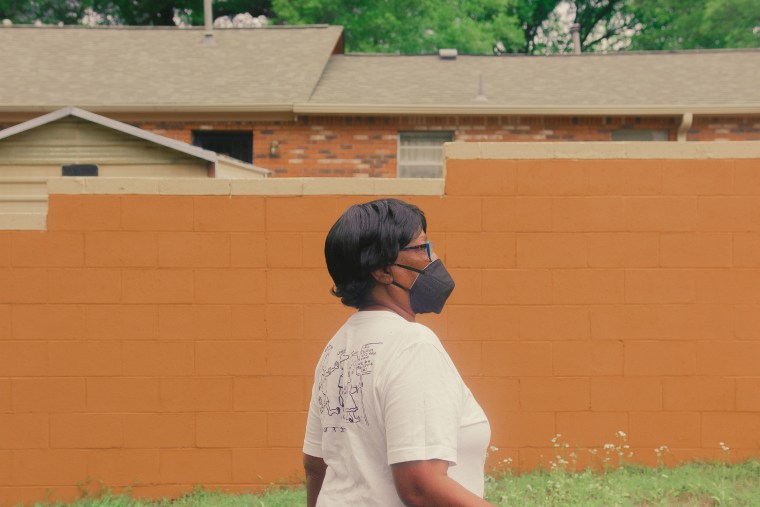
The health toll is tangible. Shelby County, which includes Boxtown, leads Tennessee in emergency room visits due to asthma, a condition exacerbated by poor air quality. Studies reveal Southwest Memphis hosts at least 22 pollution sources and bears a cancer risk quadruple the national average. Last month, the county received a failing grade from the American Lung Association for air quality, underscoring the severity of the crisis.
Medical professionals echo the urgency. Dr. Christie Michael, associate professor at the University of Tennessee Health Science Center and pediatric asthma program leader at Le Bonheur Children’s Hospital, warns that any additional pollution poses unacceptable risks. “If we’re already struggling in Shelby County to meet EPA standards, and we haven’t been,” she explains, “regardless of how responsible this is, it’s not going to help.”
The arrival of xAI’s Colossus supercomputer, housed in a repurposed Electrolux factory and powered by roughly 200,000 graphics processing units, has accelerated this tension. The company initially deployed methane turbines intended as temporary power sources without securing permits for their first year, a move supported by local officials but contested by environmental advocates as regulatory circumvention.
At a packed public hearing in late April, frustration boiled over. xAI’s senior manager Brent Mayo claimed their turbines would be among the lowest-emitting facilities nationwide. The crowd responded with chants of “People over property,” signaling their rejection of assurances that failed to address their lived realities.

Boxtown’s residents live amidst a history of struggle and resilience. The neighborhood’s roots trace back to freedmen who built homes from boxcar scraps, giving the area its name. Local historian Raymond C. Cheers recalls the community’s fight for ownership and dignity, preserving a legacy shadowed by systemic neglect.
Brenda Odell, a 76-year-old retired educator who grew up in Boxtown, remembers the mixed feelings surrounding industrial development. The promise of the Allen Fossil Plant brought hope during the oppressive Jim Crow era, yet decades later, the plant’s closure revealed the environmental burdens left behind. “Everybody was excited, you know,” she says, “and now they’re having to take the coal away.”
The community’s environmental activism is deeply rooted, drawing on a history of resistance exemplified by the 1968 sanitation strikes, where Dr. Martin Luther King Jr. championed safer working conditions before his assassination in Memphis. Activists like Easter Knox, known affectionately as “Mama Easter,” carry on this tradition, opposing new threats like the Byhalia Pipeline, which faced fierce opposition due to concerns over water contamination and land seizures.
Knox views the struggle against xAI as a continuation of this fight for justice. Battling a powerful tech company backed by one of the world’s richest men presents daunting challenges. “It’s just sort of hard, you know, when people got money,” she says, her voice thick with experience and resolve. Her activism is a beacon of hope for future generations, inspiring young protesters who chant for clean air and community rights.
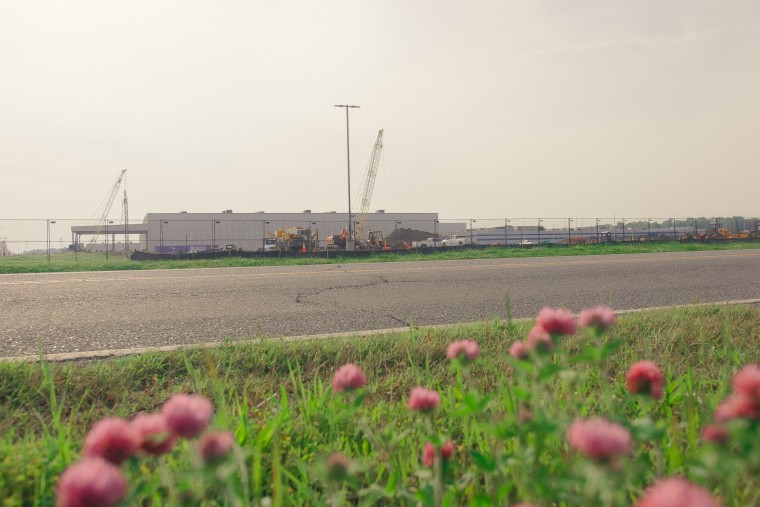
xAI has responded by pledging to reduce turbine emissions and not use gas turbines at its newly acquired Whitehaven site. However, community leaders remain vigilant. KeShaun Pearson cautions that true progress depends on complete removal of turbines from South Memphis, emphasizing the need for transparency and accountability.
Longtime resident Sarah Gladney has adapted to life in a neighborhood battling pollution. She has curtailed outdoor activities due to frequent chemical odors and uncertainty about what invisible pollutants linger in the air. Despite these hardships, she refuses to abandon her home. “Some people say, ‘Why don’t y’all move?’ And my question is, ‘Why don’t you move from where you live?’ If you keep moving, things will never change.”
The fight in Boxtown represents a profound intersection of environmental justice, public health, and corporate power. It challenges Elon Musk’s influence and tests the resilience of a community determined to claim its right to clean air and a healthy future. As Memphis navigates the promise of technological advancement alongside persistent environmental burdens, the voices of Boxtown’s residents demand recognition, respect, and real action.
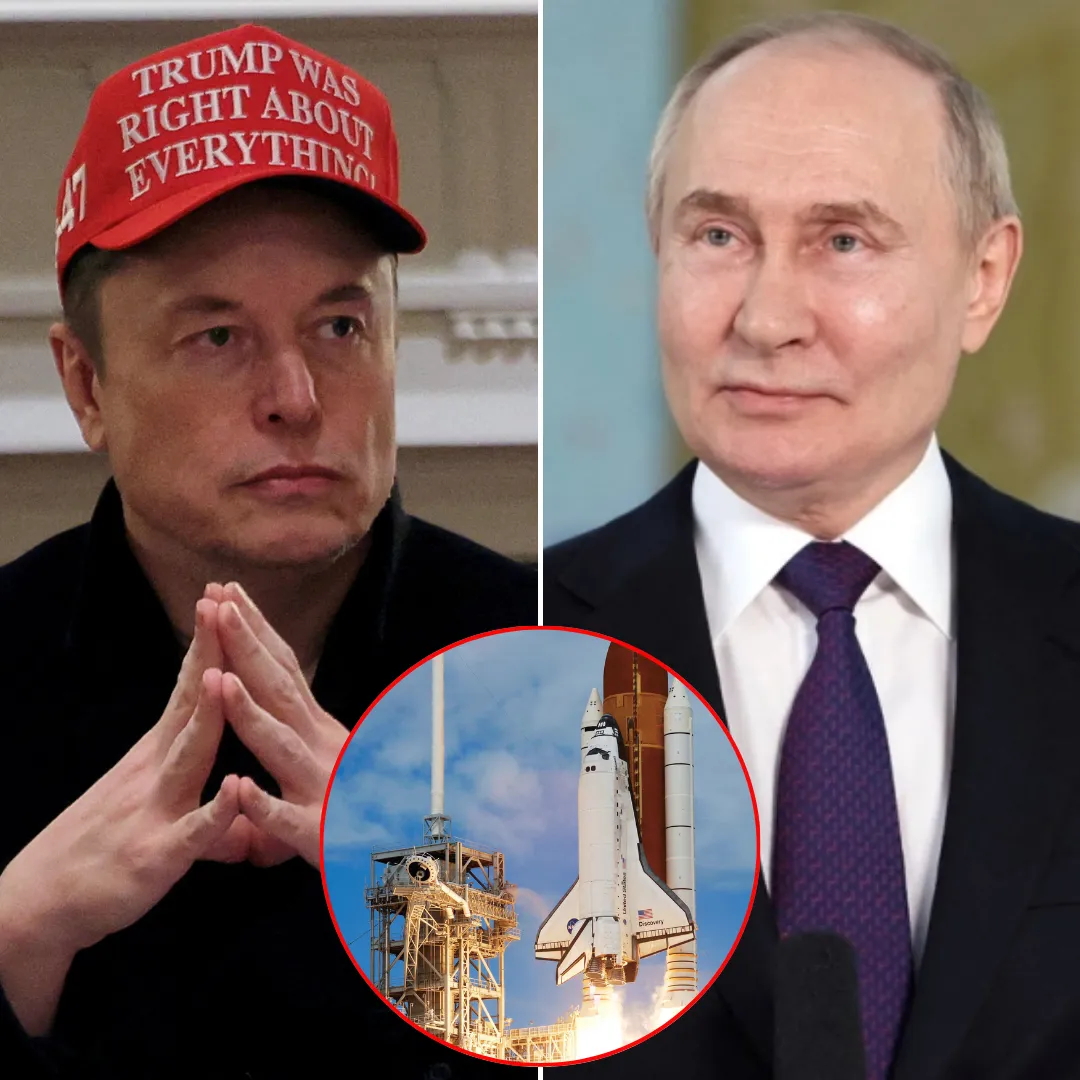
-1747367569-q80.webp)
-1747729215-q80.webp)
